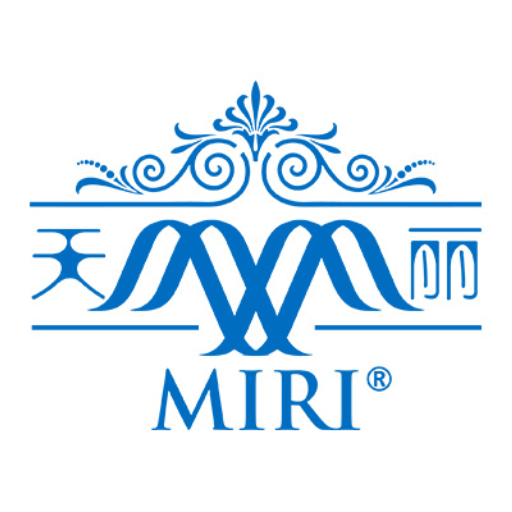Understanding Menopause: A Natural Transition with Empowering Solutions
Menopause is a natural biological process that marks the end of a woman’s reproductive years, typically occurring between the ages of 45 and 55. While it’s a normal transition, the hormonal shifts can bring physical and emotional changes that impact daily life. Understanding these changes and knowing how to manage them holistically can make this journey smoother and more comfortable.
The Stages and Symptoms of Menopause
Menopause doesn’t happen overnight – it occurs in three key stages:
1. Perimenopause
This transitional phase can begin 8-10 years before menopause, when estrogen production starts fluctuating. Symptoms like hot flashes, irregular periods, mood swings, and sleep disturbances often appear during this time.
2. Menopause
The official milestone is reached when a woman has gone 12 consecutive months without a menstrual period. Ovaries stop releasing eggs and produce much less estrogen.
3. Postmenopause
The years following menopause where symptoms may continue but often become less severe. This phase brings increased risks for certain health conditions like osteoporosis and heart disease.
For a deeper look at symptoms and phases, see our comprehensive guide on Understanding Menopause: Symptoms, Phases and Natural Support.
Natural Approaches to Managing Menopausal Symptoms
While hormone therapy is an option, many women prefer natural approaches to manage menopause symptoms. Here are effective holistic strategies:
Dietary Adjustments
Focus on phytoestrogen-rich foods like flaxseeds, soy, and whole grains to help balance hormones naturally. Calcium-rich foods support bone health, while omega-3s from fatty fish can help with mood swings.
Herbal Support
Plants like black cohosh, red clover, and dong quai have been traditionally used to ease menopausal symptoms. Our Miri Feminine Essence combines powerful herbal ingredients like Pueraria Mirifica to naturally support hormonal balance and relieve common symptoms.
Exercise and Movement
Regular physical activity helps maintain bone density, manage weight, improve mood, and promote better sleep. A mix of strength training, cardio, and mind-body practices like yoga works best.
Stress Management
Mindfulness, meditation, and deep breathing techniques can help manage the emotional rollercoaster of menopause by reducing cortisol levels.
For more detailed natural strategies, explore our article on Natural Relief for Menopause Symptoms.
Skincare During Menopause
The hormonal changes of menopause significantly impact skin health. Estrogen decline leads to reduced collagen production, resulting in dryness, thinning skin, and increased wrinkles. To combat this:
• Use richer moisturizers and hydrating serums
• Incorporate antioxidants like vitamin C
• Never skip sunscreen
• Consider collagen supplementation like our Miri Collagen Protein to support skin elasticity
• Stay well-hydrated
Embracing the Change with Confidence
While menopause brings changes, it can also be a time of personal growth and empowerment. Many women find this transition liberating as they move beyond reproductive concerns. Focusing on self-care, building a support network, and viewing menopause as a natural progression rather than a deficiency can make all the difference.
For inspiration on thriving during this phase, read Menopause and Self-Care: Nurturing Your Mind, Body and Spirit.
Remember, every woman’s menopause experience is unique. What works for one may not work for another, so be patient and kind to yourself as you navigate this transition. With the right approach and support, you can embrace this new chapter with confidence and vitality.
